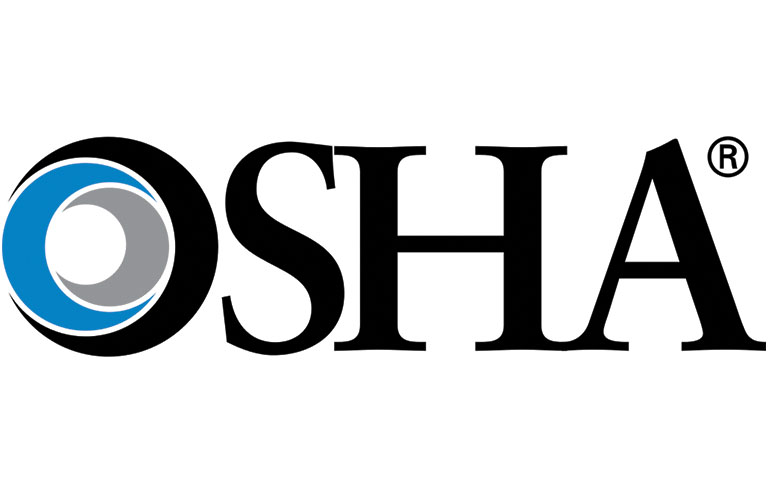
Washington — More than two dozen lawmakers are calling on OSHA to issue an emergency temporary standard on infectious disease, among other steps, before reopening the economy, in an April 29 letter sent to Secretary of Labor Eugene Scalia.
Among the 29 senators who signed the letter were Sens. Patty Murray (D-WA), ranking member of the Health, Education, Labor and Pensions Committee; and Martin Heinrich (D-NM), ranking member of the Joint Economic Committee. Two independents who caucus with Democrats, Sens. Angus King Jr. (ME) and Bernie Sanders (VT), also signed the letter.
Along with the temporary standard, the senators are calling on OSHA to issue “additional interpretations regarding existing standards to increase enforceable protections” and “comprehensive” guidance on what employers must do to protect workers.
Further requests include notifications to employers that OSHA will enforce “key portions” of its guidance under the General Duty Clause, the withdrawal of guidance “allowing most employers not to record COVID-19 cases amongst workers,” and the withdrawal of “OSHA’s recent enforcement policy not to perform onsite workplace inspections of most worker complaints regarding COVID-19.”
“Protecting our country’s workers is essential to their safety and health, to the lives and well-being of customers and patrons, to our collective public health, and to the health of our economy,” the senators write. “Not only do you have an obligation to protect our workers, you have the statutory authority to do it; we respectfully request you do so with urgency.”
The AFL-CIO also called for an emergency temporary standard on infectious disease, in an April 28 letter to Scalia.
Responding in a letter two days later, Scalia stated that employers are already taking steps that a temporary standard would require, including implementing risk assessments, training, sanitation and use of personal protective equipment. He added that OSHA guidance “allows flexibility and responsiveness” to changes compared with a standard.
“OSHA will not use guidelines as a substitute for enforcement – rather, the agency has the tools and intent to pursue both avenues; that is our two-pronged approach,” Scalia writes.


